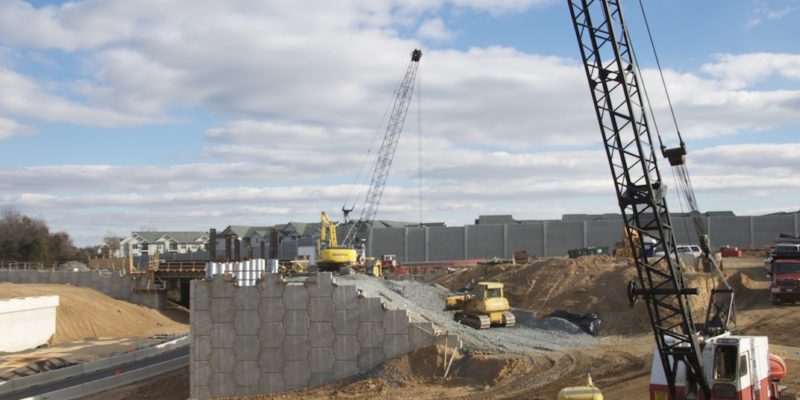Quad-City Times Editorial Board
May 26, 2019
On Tuesday, members of the Bi-State Regional Commission’s Transportation Policy Committee are scheduled to decide whether to take part in the federal aid swap program authorized by the Iowa Legislature in 2017.
For months, labor unions and local contractors have been lobbying against the program, which state officials say is a way to deliver projects faster and at less expense. The state says it has the experience managing projects that come with the overhead and regulations that are part and parcel of federal-aid projects.
Unions say this would be a way to avoid federal prevailing wage requirements, and that it will lead to lower-cost, out-of-area contractors winning jobs that previously had gone to local companies. They also say the swap will bypass federal requirements to buy American products and ensure some contracts go to minority- and women-owned businesses.
The swap program basically works like this: The state would give local governments state dollars in exchange for their federal dollars for road and bridge projects. According to the Bi-State Regional Commission, about $15 million dollars in swap-eligible funds are in its four-year Transportation Improvement Program.
Iowa’s Department of Transportation says this concept is not unique. Other states in the Midwest are doing it. And on these pages last week, Mark Lowe, the DOT director, wrote that the same amount of federal money, with all the attendant federal requirements, will be spent in this area – it will just be administered by the state DOT rather than local authorities.
Our concern is the impact this will have on local contractors. Consider Michelle DeCap, chief financial officer of Phoenix Corporation, of Rapids City, Ill. This Quad-City company has done projects on both sides of the river for years. DeCap told us that, even though the same amount of federal money might be spent locally, she believes the funds will be rolled into larger state jobs and there will be a smaller number of projects for her firm to bid on – meaning fewer opportunities for Phoenix, a certified woman-owned business, to win local projects.
A number of area organizations, many of them labor unions, have opposed this move. But so has the Quad-Cities Chamber of Commerce. The chamber worried that participating in the swap program “may allow for more businesses from outside the Quad-Cities region that don’t follow [federal wage and discrimination] guidelines to garner work, which would have a direct negative impact on our region.”




